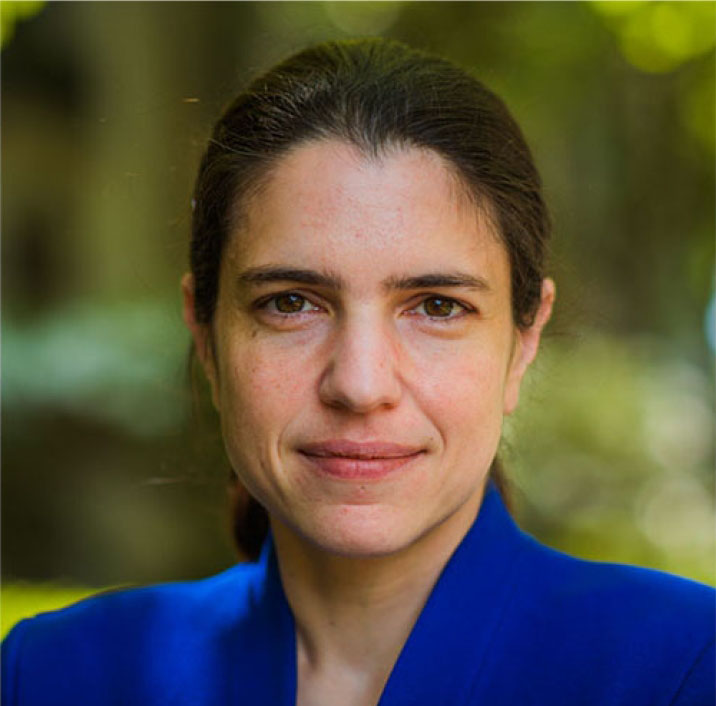Heather J. Kulik, Associate Professor of Chemical Engineering, MIT
Molecular design blueprints: materials and catalysts from new simulation and machine learning tools
The Department of Chemistry Presents, via Online Zoom Presentation: Dr. Heather J. Kulik, Associate Professor of Chemical Engineering, MIT
I will discuss our efforts to use machine learning (ML) to accelerate the computational tailoring and design of transition metal complexes and metal-organic framework (MOF) materials. One limitation in a challenging materials space such as open shell, 3d transition metal chemistry is that ML models and ML-accelerated high-throughput screening traditionally rely on density functional theory (DFT) for data generation, but DFT is both computationally demanding and prone to errors that limit its accuracy in predicting new materials. I will describe three ways we’ve overcome these limitations: i) through efficient global optimization to minimize the numbers of calculations carried out to obtain design rules in weeks instead of decades while satisfying multiple objectives; ii) through machine-learned consensus from a family of dozens of functionals to more robustly uncover new materials; and iii) by the use of natural language processing to extract, learn, and directly predict experimental measures of stability on heterogeneous MOF materials.
Bio
Professor Heather J. Kulik is a tenured associate professor in the department of chemical engineering at MIT. She received her B.E. in chemical engineering from the Cooper Union in 2004 and her Ph.D. in materials science and engineering at MIT in 2009. She completed postdoctoral training at Lawrence Livermore and Stanford, prior to returning to MIT as a faculty member in 2013. Her research has been recognized by a Burroughs Wellcome Fund Career Award at the Scientific Interface, Office of Naval Research Young Investigator Award, DARPA Young Faculty Award, DARPA Director’s fellowship, NSF CAREER Award, the AAAS Marion Milligan Mason Award, the Journal of Physical Chemistry Lectureship, and a Sloan Fellowship in chemistry, among others.
Research Interests
Catalysis, transition-metal chemistry, electronic structure methods, atomistic simulations, enzyme catalysis
Education
Ph.D., Massachusetts Institute of Technology, 2009
B.E., The Cooper Union, 2004
hjkulik![]() mit [dot] edu (hjkulik[at]mit[dot]edu)
mit [dot] edu (hjkulik[at]mit[dot]edu)

